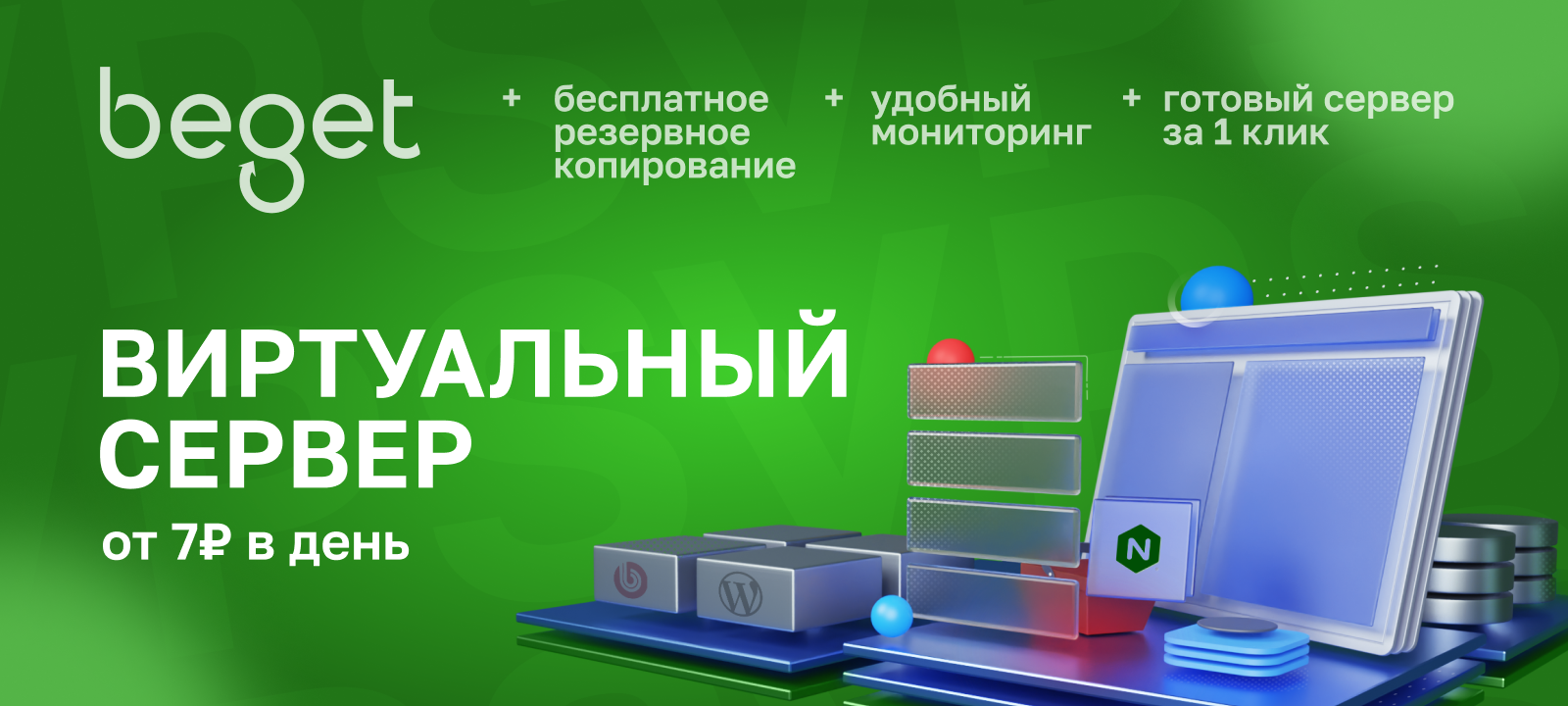doc
| help | |
| go doc json.Decoder.Decode | |
| go doc json.Decoder | |
| go doc json |
go help doc
usage: go doc [-u] [-c] [package|[package.]symbol[.methodOrField]]
Doc prints the documentation comments associated with the item identified by its
arguments (a package, const, func, type, var, method, or struct field)
followed by a one-line summary of each of the first-level items "under"
that item (package-level declarations for a package, methods for a type,
etc.).
Doc accepts zero, one, or two arguments.
Given no arguments, that is, when run as
go doc
it prints the package documentation for the package in the current directory.
If the package is a command (package main), the exported symbols of the package
are elided from the presentation unless the -cmd flag is provided.
When run with one argument, the argument is treated as a Go-syntax-like
representation of the item to be documented. What the argument selects depends
on what is installed in GOROOT and GOPATH, as well as the form of the argument,
which is schematically one of these:
go doc
go doc json.Decoder.Decode
package json // import "encoding/json" func (dec *Decoder) Decode(v interface{}) error Decode reads the next JSON-encoded value from its input and stores it in the value pointed to by v. See the documentation for Unmarshal for details about the conversion of JSON into a Go value.
go doc json.Decoder
package json // import "encoding/json" type Decoder struct { // Has unexported fields. } A Decoder reads and decodes JSON values from an input stream. func NewDecoder(r io.Reader) *Decoder func (dec *Decoder) Buffered() io.Reader func (dec *Decoder) Decode(v interface{}) error func (dec *Decoder) DisallowUnknownFields() func (dec *Decoder) InputOffset() int64 func (dec *Decoder) More() bool func (dec *Decoder) Token() (Token, error) func (dec *Decoder) UseNumber()
go doc json
package json // import "encoding/json" Package json implements encoding and decoding of JSON as defined in RFC 7159. The mapping between JSON and Go values is described in the documentation for the Marshal and Unmarshal functions. See "JSON and Go" for an introduction to this package: https://golang.org/doc/articles/json_and_go.html func Compact(dst *bytes.Buffer, src []byte) error func HTMLEscape(dst *bytes.Buffer, src []byte) func Indent(dst *bytes.Buffer, src []byte, prefix, indent string) error func Marshal(v interface{}) ([]byte, error) func MarshalIndent(v interface{}, prefix, indent string) ([]byte, error) func Unmarshal(data []byte, v interface{}) error func Valid(data []byte) bool type Decoder struct{ ... } func NewDecoder(r io.Reader) *Decoder type Delim rune type Encoder struct{ ... } func NewEncoder(w io.Writer) *Encoder type InvalidUTF8Error struct{ ... } type InvalidUnmarshalError struct{ ... } type Marshaler interface{ ... } type MarshalerError struct{ ... } type Number string type RawMessage []byte type SyntaxError struct{ ... } type Token interface{} type UnmarshalFieldError struct{ ... } type UnmarshalTypeError struct{ ... } type Unmarshaler interface{ ... } type UnsupportedTypeError struct{ ... } type UnsupportedValueError struct{ ... }
| Программирование на Go | |
| Объявление переменных | |
| Определить тип переменной | |
| Указатели | |
| Константы | |
| Сертификаты | |
| Запросы к REST API на Go | |
| Установка в Linux |
